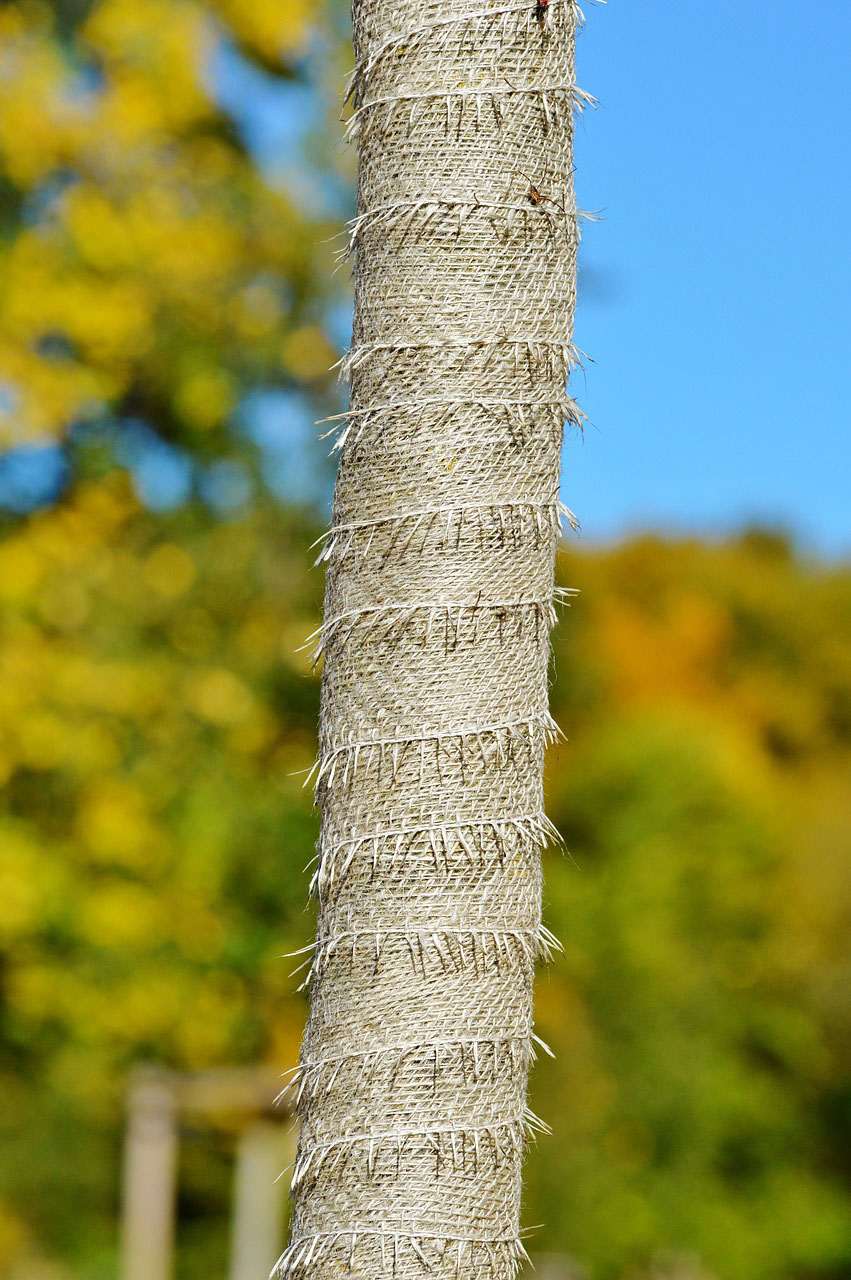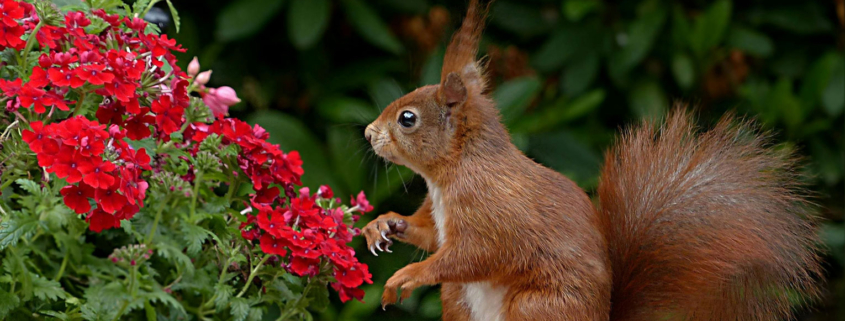What Made Those Holes in My Lawn & Who Ate My Flowers?
Any time we are cohabitating with wildlife, there are going to be clashes. Many of the things we do to make our landscape beautiful and productive are the exact things that attract wildlife. But, there are ways to live side-by-side without them ruining our lawns or eating all the veggies from the garden.
Aside from deer – the ultimate nuisance – rabbits, squirrels, groundhogs, moles, and some bird species all contribute to the unraveling of all your hard work. This is especially true in early fall when many animals try to fatten up in preparation for the cold winter ahead.
Animals will live where there is food, water, and shelter. And, because we are continually encroaching on their habitats, they learn that where there is people, there is abundance.
Well-maintained lawns that are rich in soil and nutrients is the perfect environment for moles and voles to tunnel in. There are plenty of worms, grubs and insects for them to feast upon. Fruit trees and vegetable gardens are a dream come true for raccoons, woodchucks, rabbits, and squirrels. The deer will eat practically anything when hungry enough.
 Here are some solutions to these pesky creatures:
Here are some solutions to these pesky creatures:
- Fencing goes a long way toward keeping critters away. For those that tunnel and dig, fences should be buried into the ground a bit.
- Keep your yard free of debris like piles of branches and overgrown shrubs. This provides cover and nesting sites for many animals. And if they decide to live in your yard they’ll eat your plantings.
- Don’t overwater your lawn. It attracts the grubs which are a favorite treat for moles and raccoons.
- Wrap the lower parts of trees to keep animals from stripping the bark.
- Don’t keep pet food and water outside. Bird feeders are also an attractant as seeds fall to the ground, small mammals find and eat it.
- Plant items with strong smells that herbivores dislike such as lavender, rosemary, and marigolds.
- Install a motion-detector sprinkler or light.
Place a realistic owl decoy in a shrub near plantings. The more realistic it looks, the better. Hunting stores have ones with plumage.



 #AugustineNursery
#AugustineNursery






 Stop in to check
Stop in to check

 Open 7 days a
Open 7 days a 




 $5 for
$5 for 




 Hope you’re
Hope you’re


 $5 Friday will feature a
$5 Friday will feature a

